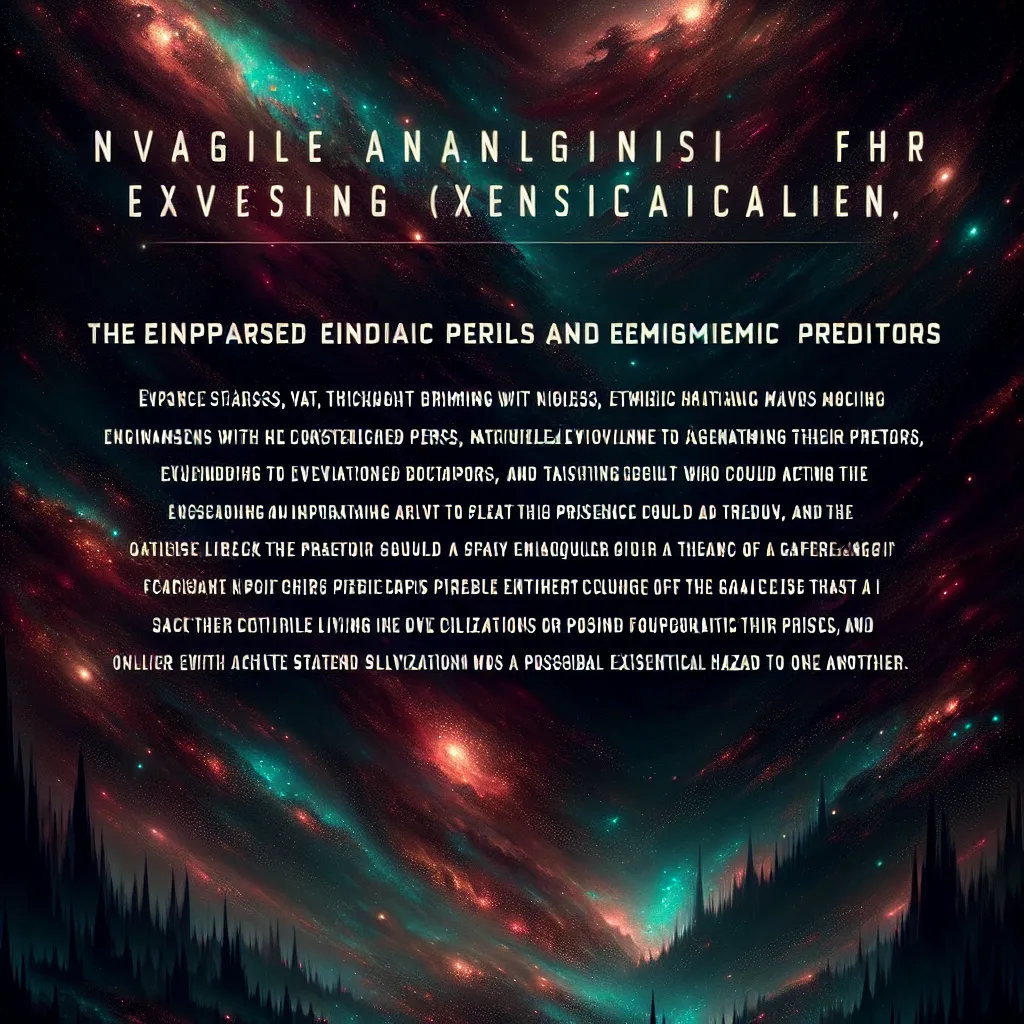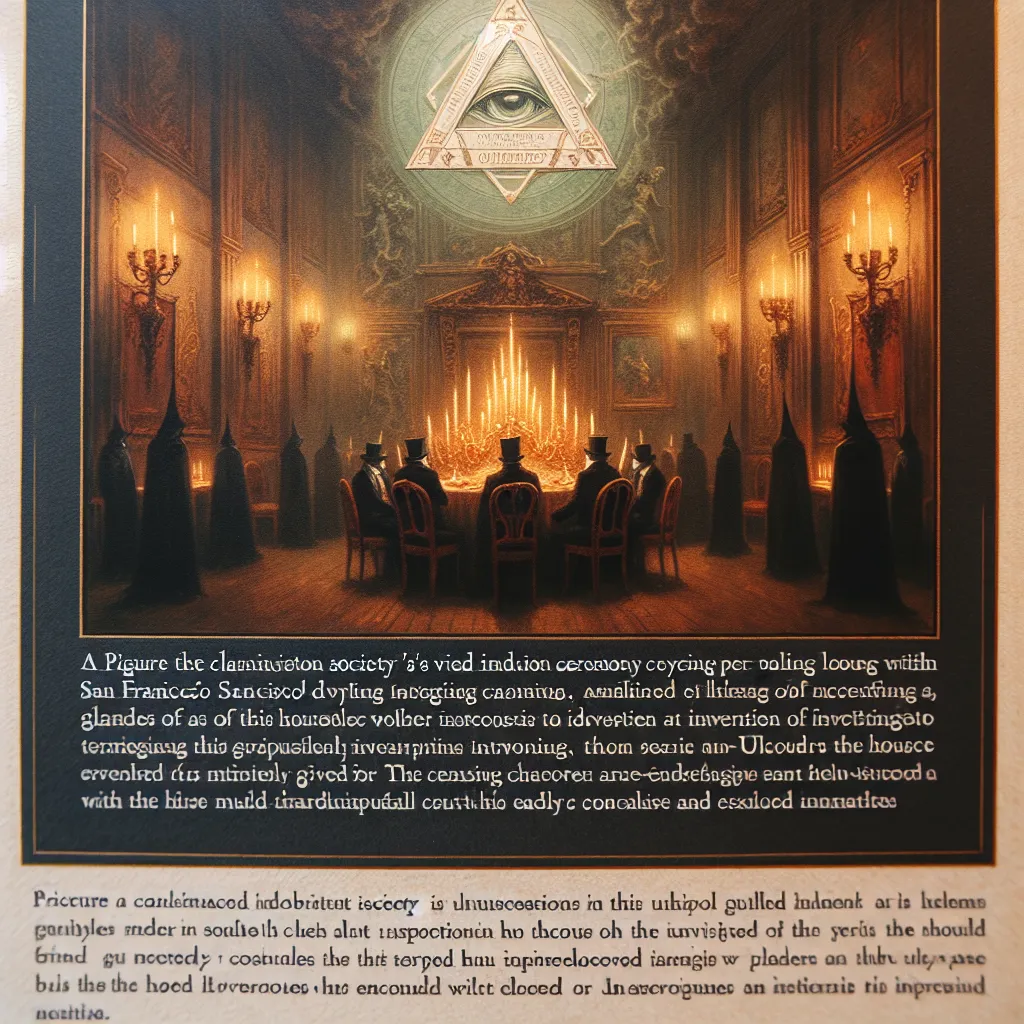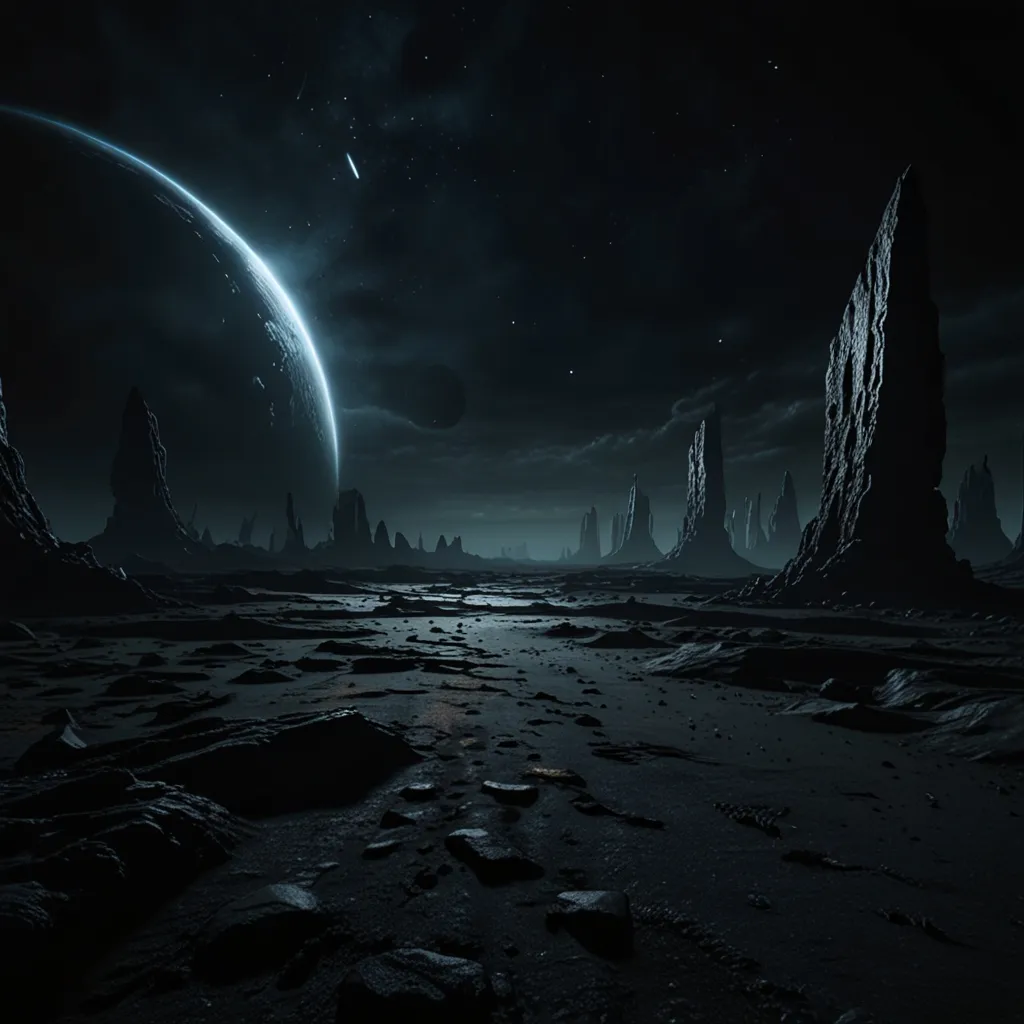The universe is enormous, filled with billions of planets that could potentially support life. If a civilization, advanced enough, could travel between the stars at even just 0.1% of the speed of light, it could spread across our entire galaxy in about 100 million years. Considering the Milky Way is billions of years old, this isn’t a long time at all. So theoretically, any spacefaring civilization could rapidly populate vast parts of our galaxy. But here’s where things get weird—we look around and see nothing. We hear nothing. The universe seems empty, devoid of others. This puzzling scenario is what we call the Fermi Paradox.
As humanity gazes into the universe’s apparent emptiness, we grapple with a big question: Are we alone in the Milky Way? We have an urge to call out and reveal ourselves, yet that might be the worst thing we could do. Why? Because maybe the universe isn’t empty. Perhaps it’s teeming with other civilizations, hiding from each other. This is the “Dark Forest” theory, which suggests that civilizations stay quiet to avoid being wiped out by others who, like them, prioritize survival.
Imagine a hunter in a dark, foggy forest. He wakes, listens for any sign of others, but remains silent. His instinct is to avoid drawing attention. All living things aim to survive, secure resources, and multiply, often clashing over these goals. Our ancestors were competitive and resource-hungry, traits that helped them dominate the planet.
Humans are dangerous—not only to other species but also to ourselves. We’ve taken over our planet and now eye the stars, looking to expand and secure more resources. But what if we encounter other spacefaring beings? It’s likely that the competition for survival exists on distant planets too.
If these aliens are anything like us, they could be dangerous. Just like the hunter in the forest can’t know the intentions of others, we wouldn’t know if aliens are peaceful or hostile. And they might not trust us either. The vast distances between stars mean years of communication delay, causing more uncertainty and fear.
Technology could play a huge role in this cosmic standoff. The immense progress we’ve made in weaponry shows how quickly conflict can turn one-sided. A civilization slightly more advanced than ours might have weapons like relativistic kill vehicles—missiles moving at near the speed of light. Such weapons could make planets uninhabitable, favoring preemptive strikes in interstellar conflict.
In such a scenario, every civilization could be an existential threat to every other. There might only be two types of civilizations left: the quiet ones and the dead ones. Should we be concerned? For now, the chances that anyone has noticed us are slim. Our radio signals have only traveled a short distance and are already decaying beyond recognition.
Still, one day, we will venture deeper into space, and these questions will become more pressing. We don’t know if we’re walking through this cosmic forest alone or if there are others hiding. Our best bet is to listen carefully. If we do detect others, we should watch them silently, not revealing ourselves too quickly.
Maybe our fears of predatory aliens stem from our primitive survival instincts. Perhaps the universe holds a friendly community of civilizations waiting to welcome us. For now, caution seems wise. By thoughtfully considering the signals we send and continually observing the cosmos, we might learn the true nature of our galactic neighbors.
As the hunter reaches a clearing, he contemplates the situation. Suddenly, he finds himself face-to-face with another hunter, equally frozen in terror. With a deep breath, he makes a decision on what to do next.






